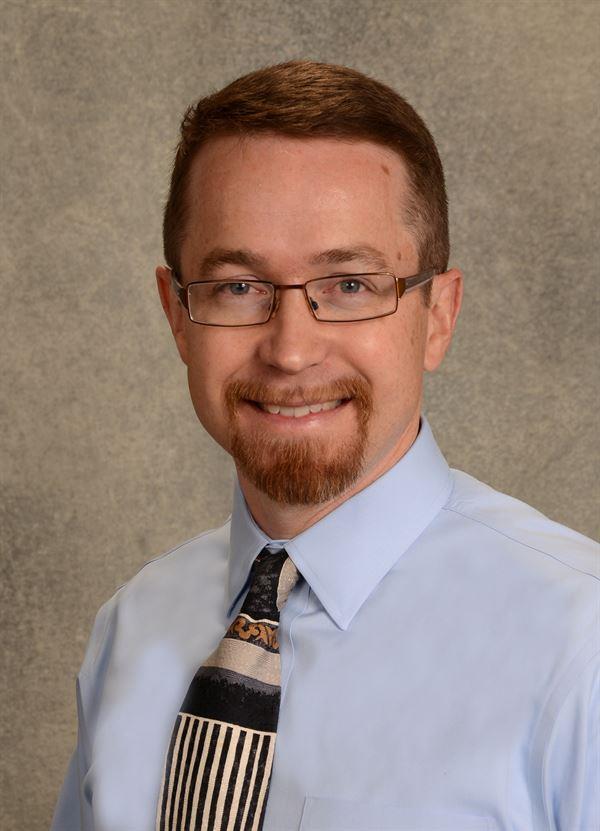
Tellen D. Bennett, MD, MS
Section Head, Informatics and Data Science
Associate Professor, Department of Pediatrics
Attending Physician, Pediatric Intensive Care Unit, Children’s Hospital Colorado
Director, Informatics Core, Colorado Clinical and Translational Sciences Institute (CCTSI)
ACCORDS Director - Data Science Program
Dr. Tell Bennett’s research focus is the development and deployment of novel computational models and tools for real-time clinical decision support, particularly in data-dense and high-risk areas such as intensive care units. 1. Why is your area of science important?
Informatics and data science are important because health care generates enormous amounts of data, but we are behind other fields in leveraging those data to improve lives. Some of the
delay has been because we have had to figure out how to be appropriately careful with sensitive and private health care data and also to apply new computational infrastructure, algorithms, and analytic methods. We are beginning to see examples
(such as computerized detection of diabetic retinopathy) of real successes.
2. What was important in your Health Services Research training?
My research training was a little different than most health services researchers. I obtained a Master’s in Epidemiology during my clinical fellowship, which gave me a solid foundation in study design and analysis and scientific writing. I found that I was most interested in Biostatistics and statistical programming and took many electives in that area. In order to gain primary informatics training and additional computational knowledge and skills, over time I completed a part-time post-doctoral fellowship in Biomedical Data Science and became board-certified in Clinical Informatics.
3. What are the major take home messages your current research provides?
Big data, machine learning, artificial intelligence (AI), and data science are in the news pretty often these days. AI had an earlier wave of hype in the 1990s that was followed by a crash when little real-world impact was seen. Racial biases in training data and other problems with recently released predictive systems may be leading the current wave of hype to slow down a bit. I think one of the take-home messages right now is to manage expectations. Data science won’t solve every problem, but it will have real impact on health if we are careful and rigorous – just like any scientific process. Another take-home message is that new computational tools will only have impact if they are designed with input from their target users (this could be providers, patients, families, etc.).
4. What are your goals or areas for future research?
A good amount of work has been done using structured data (billing codes, claims, laboratory results, etc.) from electronic health records, but even more patient information is present in text notes, images, and signals generated during health care encounters. Because of technical and governance challenges, these data have been more difficult to access and incorporate into new tools. One of our goals is to lower barriers to the use of text, image, and signal data on the Anschutz campus. The main focus of our group is to develop and translate novel tools and systems into real-world use and test their effectiveness. This requires partnership with both health systems and pragmatic trial experts such as those at ACCORDS.
5. What advice do you have for researchers who want to work in this area?
I participate in the leadership of a few different groups designed to bring investigators from multiple disciplines together to work on challenging problems. We have found that investigators who can meaningfully bridge from the clinical or scientific domain to the technical domain are the keys to the success of many projects. This is independent of their primary work area – it may be a computer scientist with deep knowledge of health care data or a clinician-scientist with informatics training. Because of that, I regularly give junior clinician-scientists who are interested in informatics and data science the advice that there is no substitute for technical (computer science, programming, informatics, statistics) skills. This is not to suggest that excellent work in this area doesn’t take a team, but rather that a team is more likely to succeed if its members have real overlap in skills and language.